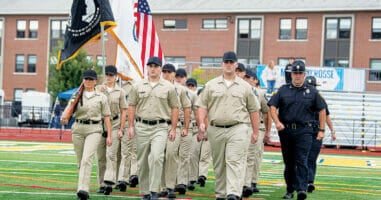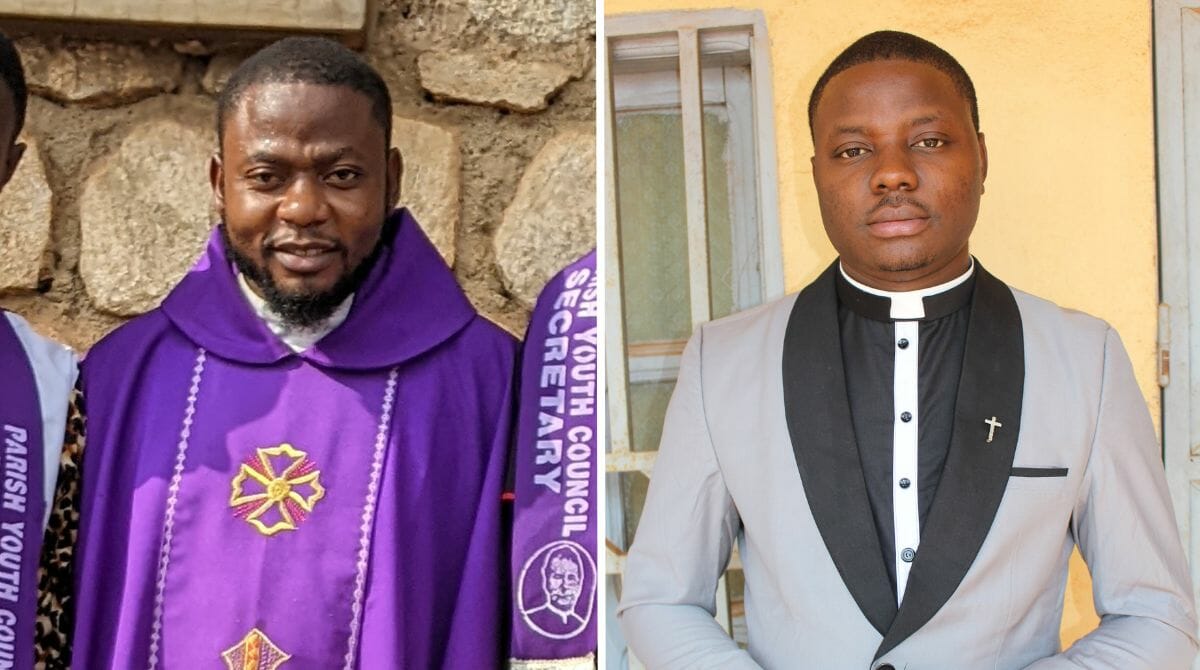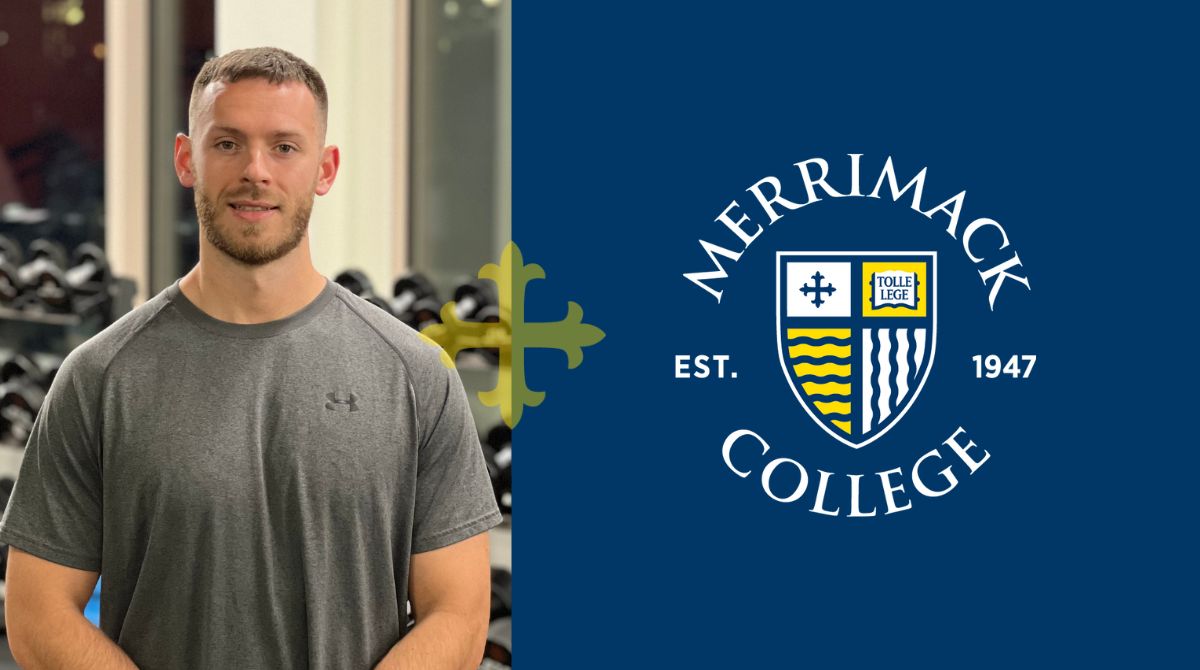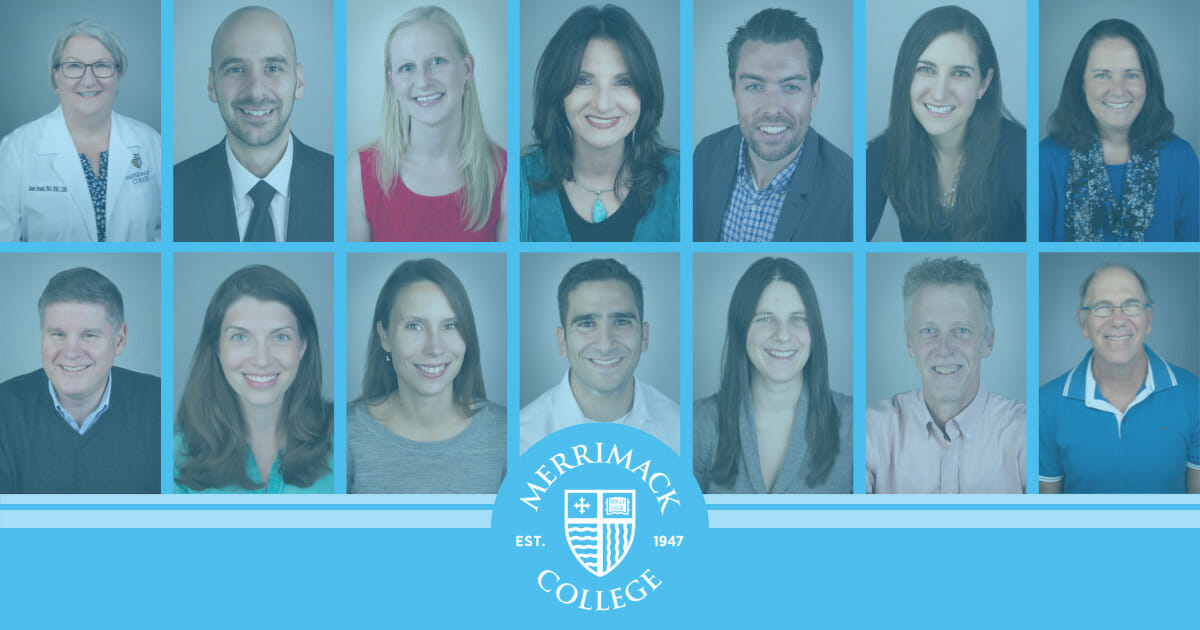The Merrimack College Police Academy, which launched in fall 2021, will serve as a case study to determine the impact of officers beginning their careers with a higher level of educational achievement.
“We are training the next generation of police leaders,” said Associate Professor Alicia Girgenti-Malone. “While they start out as patrol officers, by completing graduate-level coursework aimed at developing broader perspectives, critical thinking and problem-solving skills, we expect they will rise in the ranks.”
Girgenti-Malone oversees the Merrimack College Police Academy along with the academy’s director, Merrimack alum and retired Sergeant Detective Raymond Mooney. Girgenti-Malone also works with Assistant Professor Alyssa Yetter to assess the academy’s educational and training approach.
A New Kind of Training
In Massachusetts, the minimum educational requirement prior to academy training is a high school diploma or GED. Bachelor’s degrees are also common among police candidates. Local municipalities often hire candidates and then sponsor their training at a local police academy. At Merrimack, the academy operates differently, from application requirements to graduate degree completion.
“We’re offering the academy to students who have already completed their bachelor’s degree,” explained Girgenti-Malone, “and students will be concurrently enrolled in the Master of Science in Criminology and Criminal Justice program.” At the end of the one-year program, students will have finished the state police training certification and earned a master’s degree.
During the day, student officers have a rigorous schedule based on the state’s police training curriculum, which is supplemented at Merrimack with implicit bias training and additional professional development workshops on officer health and wellness.
While all firearm training and the Emergency Vehicle Operations Course (EVOC) are done off campus, the student officers and their instructors use the College’s classrooms and gym facilities. In the evenings, the student officers take their master’s courses on topics such as criminological theory, justice administration and management, and criminal law and procedure.
Researching Police Training
The dual-enrollment model will be evaluated for efficacy and researched as a potential model for police reform.
“There’s a history of research on the influence of different characteristics of police officers that has focused on distinguishing between those with a high school diploma or GED and officers with some college or a bachelor’s degree. These studies track a lot of different outcomes, such as their performance in their careers, their career trajectories, and their mental health and wellness during their careers,” said Yetter.
Other scholars have determined that officers with a college degree are almost 40 percent less likely to use force, and that those with at least a two-year degree are less likely to lose their jobs because of charges of misconduct.
Girgenti-Malone’s and Yetter’s research centers on issues of evolving police training and education methodology.
“Our graduate program’s learning outcomes and our faculty are very social justice oriented,” said Girgenti- Malone.
One of the stated learning outcomes, for example, asks that graduates demonstrate awareness of collaborative efforts among criminal justice, social service, public health and educational professionals in fostering interdisciplinary strategies to tackle complex social issues. In subsequent years, the researchers plan to follow their graduates through a longitudinal study that compares outcomes with officers who pursue a more traditional path in their training.
“We are hoping to partner with the Municipal Police Training Committee, a state agency, to examine our candidates and approach versus the more traditional approach to police education in Massachusetts,” said Yetter.





